The Controversy Behind Child Influencers
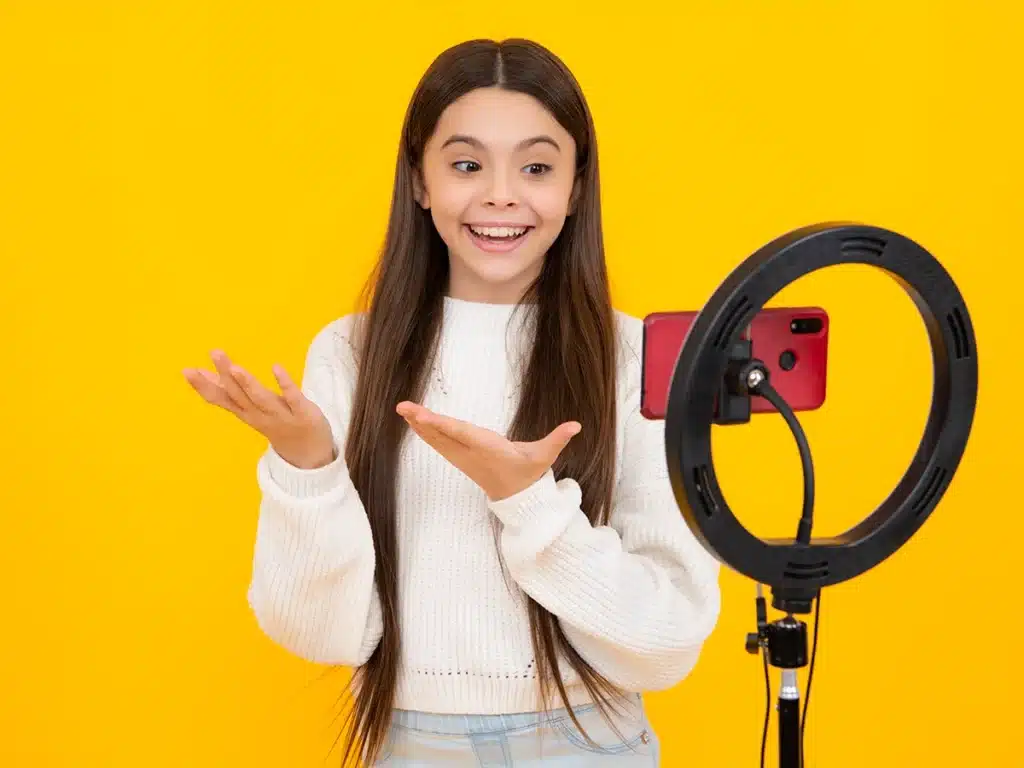
In the dynamic realm of social media, young influencers are carving out their space, reaping financial rewards through their captivating content. From music and dance to culinary exploits and acting, these budding creators often collaborate with major brands, creating a lucrative market. However, a disconcerting absence of legal safeguards puts these young talents at risk of exploitation, echoing the historical struggles faced by child stars such as Jackie Coogan.
The narrative surrounding child influencers and their financial autonomy echoes the well-known conservatorship challenges faced by Britney Spears. Ms. Spears found herself ensnared in a legal quagmire where a substantial portion of her earnings was controlled by her father, influencing not only her finances but also dictating aspects of her personal life. This high-profile case has prompted a reevaluation of conservatorship laws, shedding light on the inadequacies in protections available to child influencers.
Delving into the historical backdrop, the issue dates back to 1938 when Jackie Coogan, a 23-year-old who gained fame as a toddler in Charlie Chaplin’s “The Kid,” discovered that his mother and stepfather had squandered the millions he earned as a child star. Coogan’s legal battle spurred the enactment of California’s Coogan Law in 1939, mandating that 15 percent of a child entertainer’s earnings be secured in a trust. Despite this milestone legislation, most states lack similar safeguards for children making a mark on modern platforms like Instagram, TikTok, and YouTube.
Child influencers, whether under parental guidance or working independently, find themselves in a legal gray area, devoid of the protections inherent in the film and television industry. Professor Karen North of the University of Southern California Annenberg School for Communication and Journalism points out, “They’re working, being told how to act, and told what to say and do for their parents’ pay and profit, but there are no restrictions the way there would be for a movie or a TV show.”
Even those producing their content face potential exploitation, especially considering that children under 13 are barred from independently managing their social media accounts. Parents often take charge of these accounts, and in most states, children cannot open a bank account independently until the age of 17. This lack of autonomy raises concerns about potential exploitation, both behind the scenes and occasionally on camera.
Responding to the growing awareness and concern, some states are taking legislative action to shield child influencers. In August, Illinois passed a groundbreaking law, the first of its kind in the United States, compelling adults using a minor’s likeness in paid online content to set aside a portion of earnings in a trust. This revolutionary legislation, effective from July, grants child influencers the right to pursue legal action against any violations.
Washington State is also contemplating legislation to safeguard child social media stars. The proposed bill, introduced in January, necessitates parents to allocate 15 percent of their revenue for their children and includes provisions mandating online platforms to take “all reasonable steps” to delete content at the request of a child star who has come of age if the platform paid the parents for that content.
While influencer earnings vary widely, with the most successful ones making millions, there is a broader societal shift where influencing has become an aspirational path for many young people. A study by the Harris Poll and Lego revealed that children aged 8 to 12 are three times more interested in being a YouTuber than an astronaut. Even nano-influencers on platforms like Instagram can earn substantial amounts per post, ranging from about $600 for smaller accounts to $10,000 or $20,000 for larger ones.
Lawmakers are gradually awakening to the scale of the influencer industry and its potential for exploitation. Inspired by civic-minded teenagers and prompted by cases of child exploitation, states like Pennsylvania and Maryland are contemplating introducing legislation to further regulate child influencers. These efforts extend beyond financial protections, aiming to safeguard the privacy and mental health of child influencers, recognizing the importance of comprehensive legal measures in an industry that continues to rapidly expand. As the influencer landscape evolves, striking the delicate balance between preserving family rights and protecting vulnerable child influencers becomes increasingly crucial.

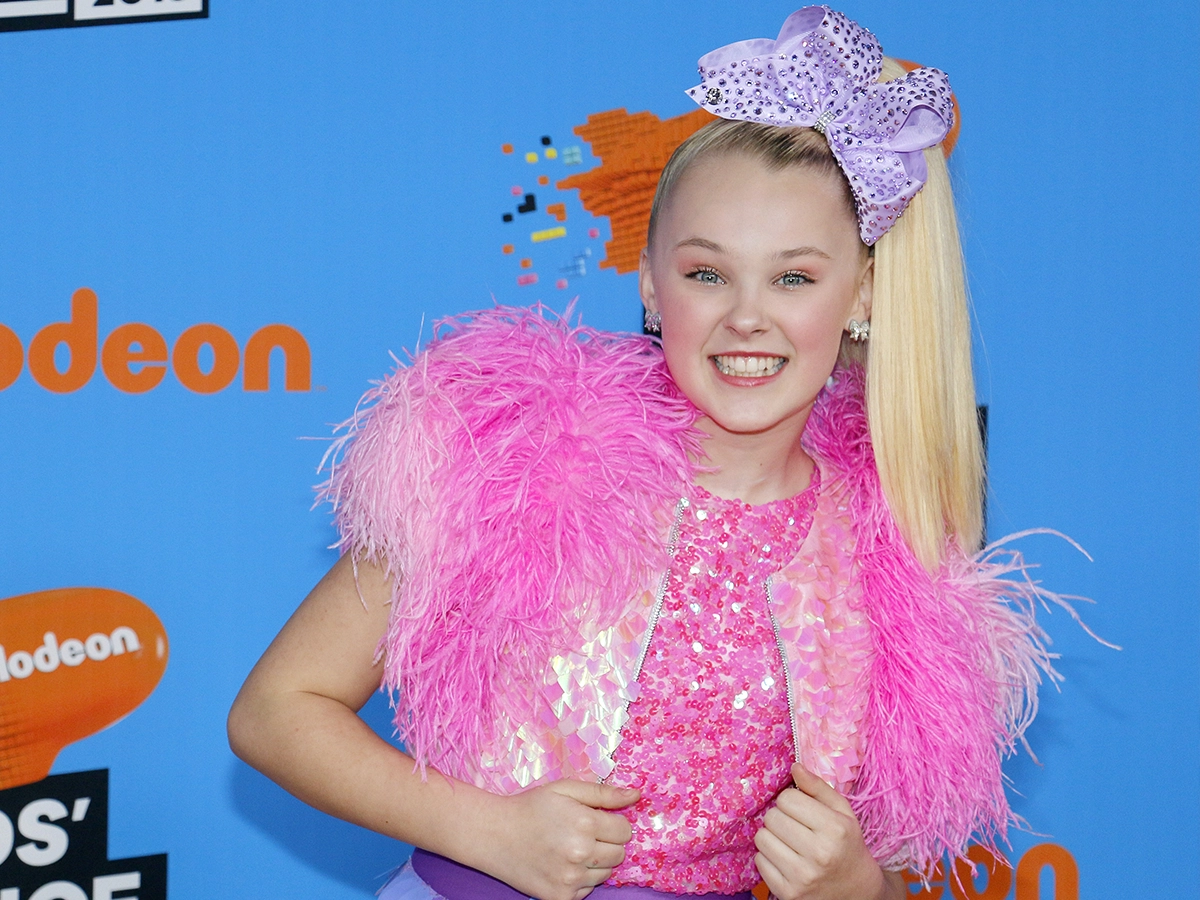
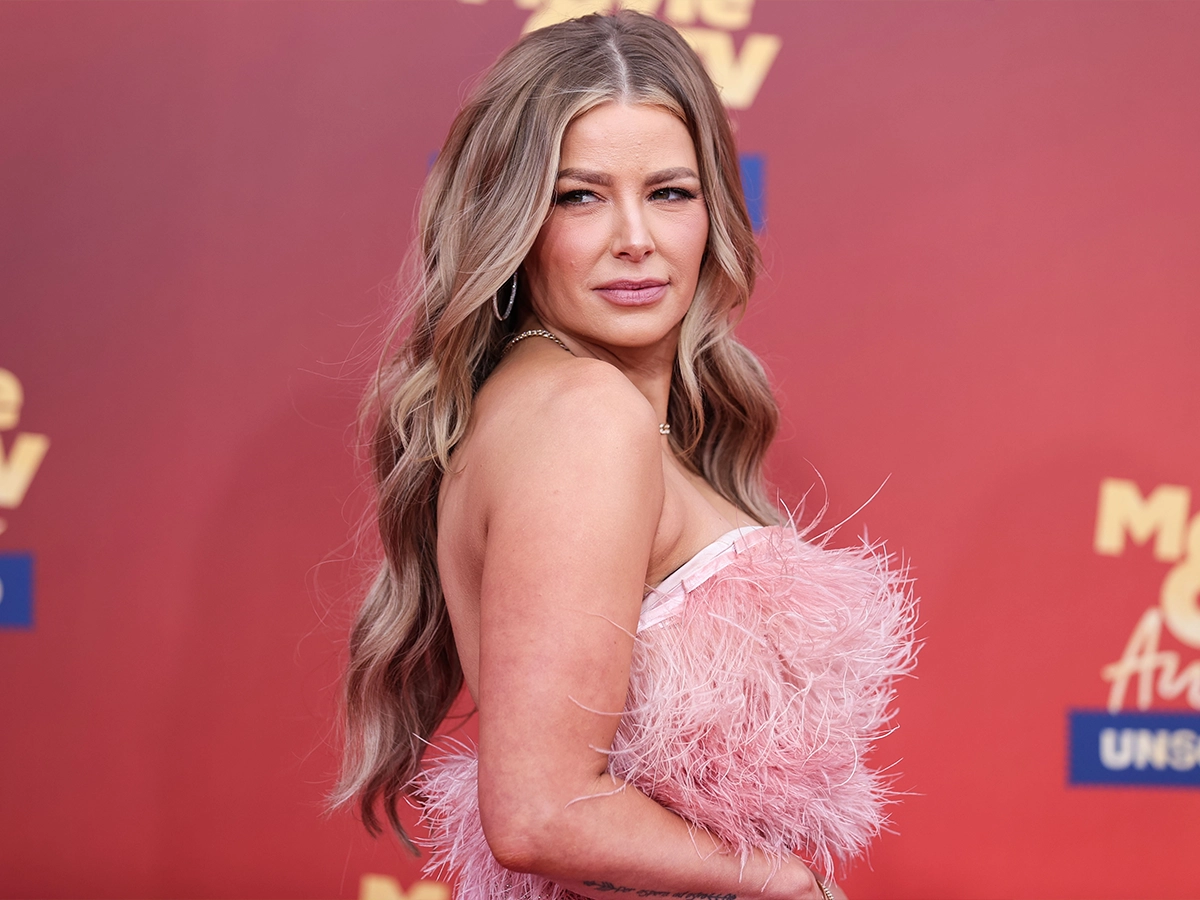
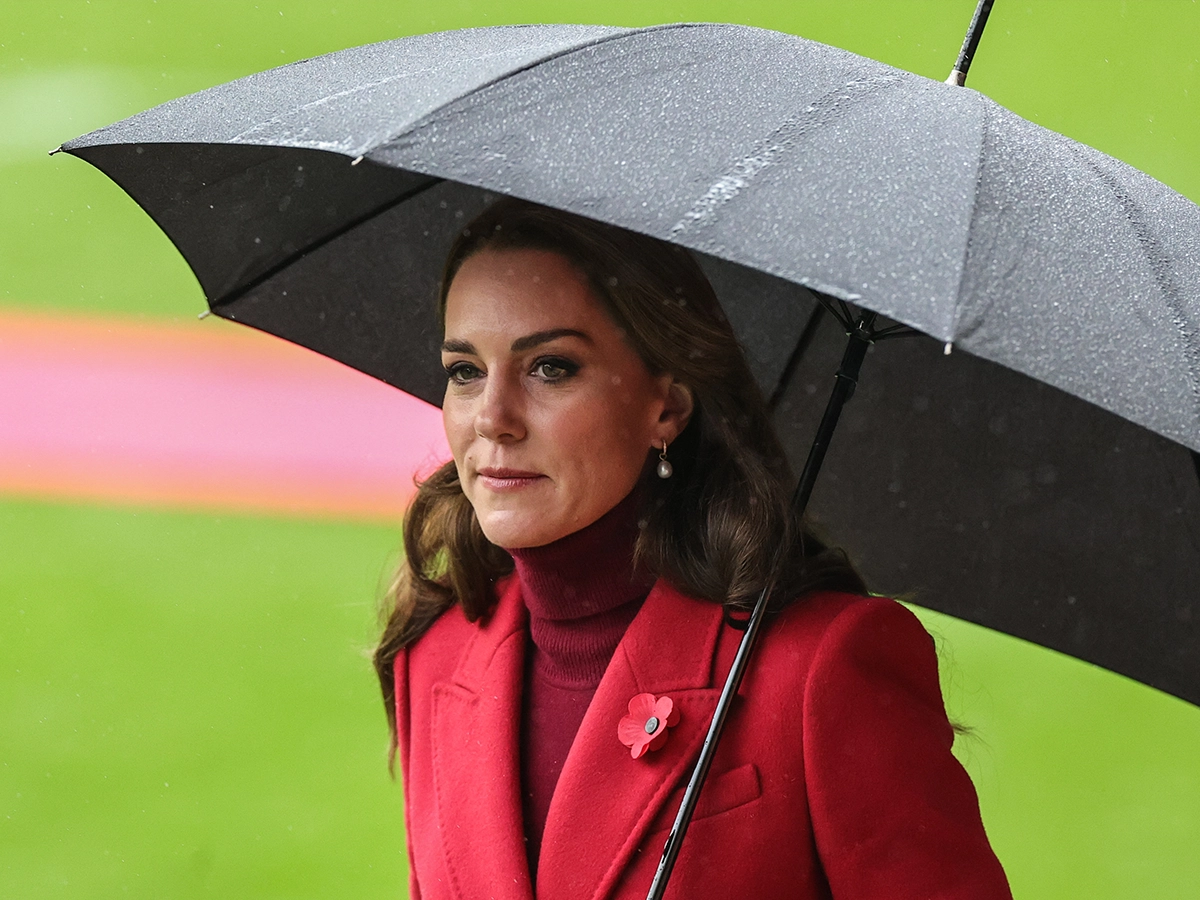

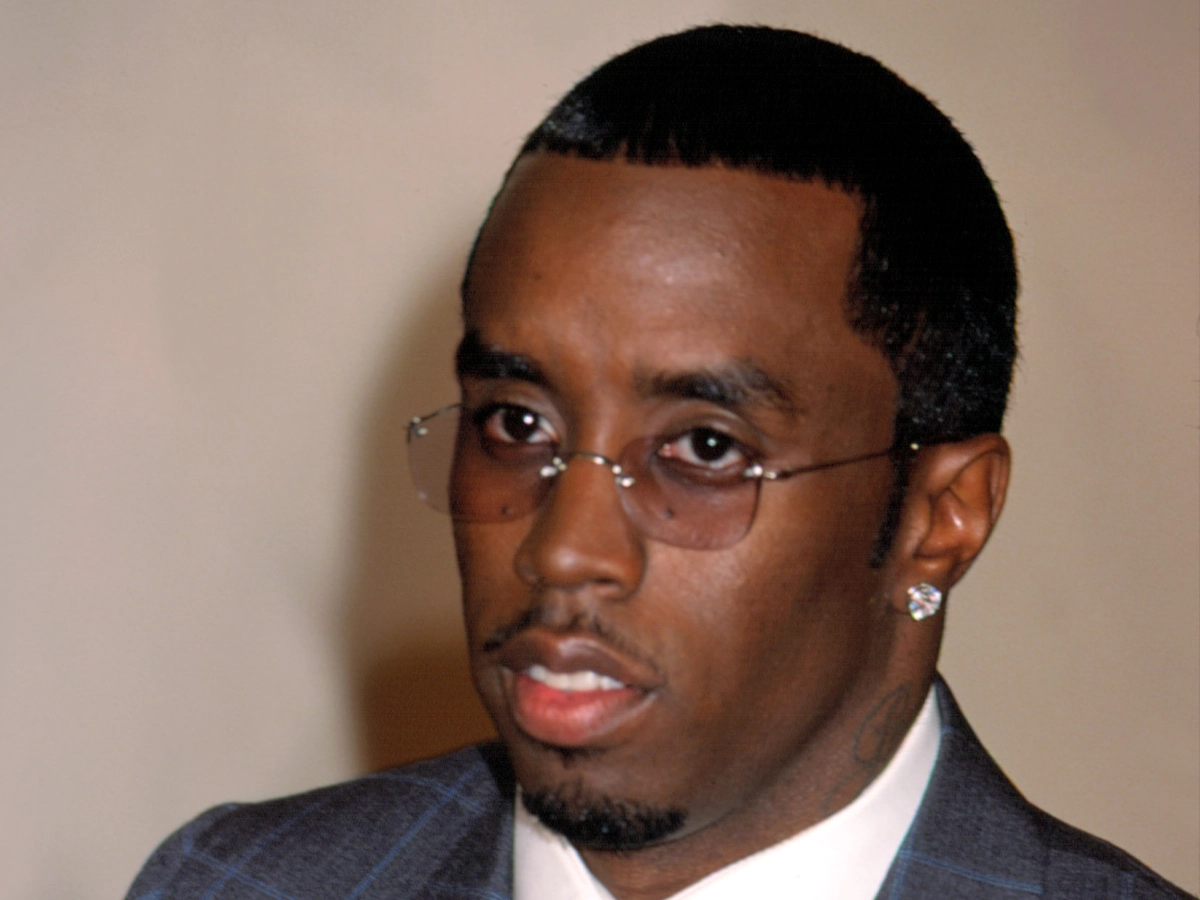

Have your say